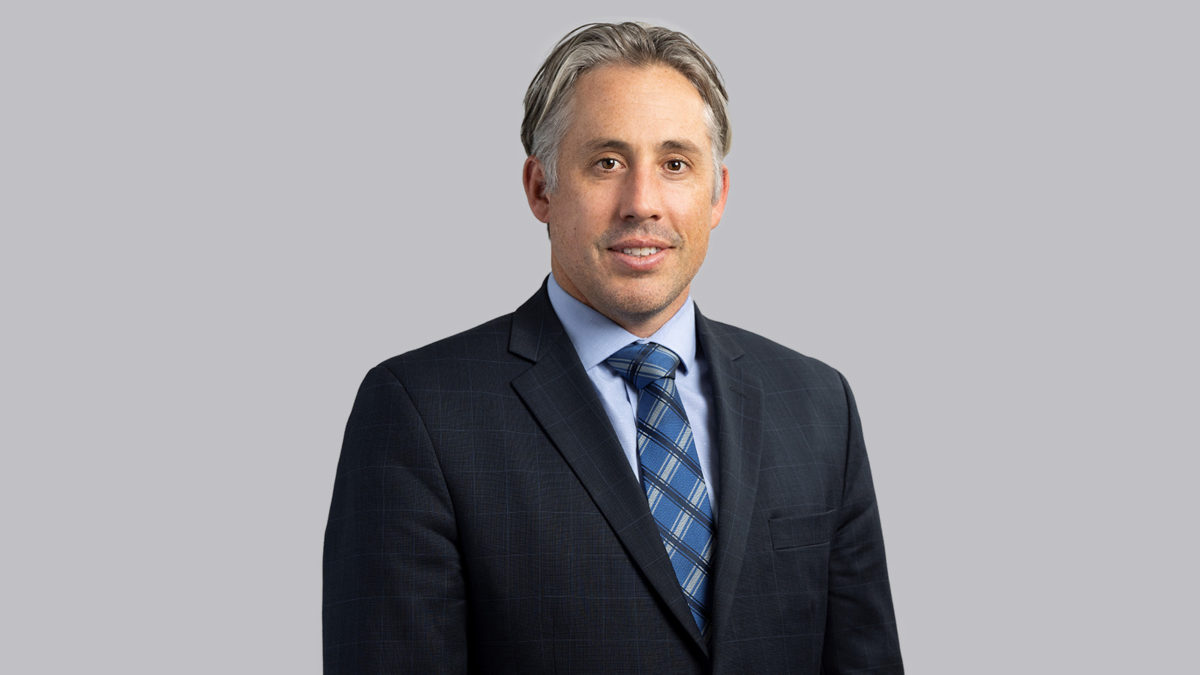Restoring active pride, JANA debunks outperformance prejudice
It is a truth universally acknowledged that a fund manager in possession of a concentrated portfolio with high active share must necessarily deliver alpha.
Or maybe the truth is not so universal, according a new JANA research paper.
The JANA study, conducted in partnership with Cabot Investment Technology, refutes common investor prejudices that high active share – a concept only formalised in 2009 – and densely concentrated portfolios will invariably result in outperformance
Authored by JANA head of global equities research, Matthew Gadsden (photo at top), the paper says investors have increasingly used both active share and portfolio concentration as crucial manager selection metrics over the past 15 years based on a handful of academic studies.
However, investors appear to have conflated correlation and causation by overweighting the two factors as hallmarks of successful active managers.
For instance, active share, a measure of how much portfolios deviate from reference benchmarks, quickly rose to prominence in fund marketing materials and asset allocator check-lists once it was identified as a ‘thing’ by academics, Martijn Cremers and Antti Petajisto in 2009.
“All was well with the world except for one thing – active share is no guarantee of future strong performance or identifying a skilled manager,” the JANA study says.
Similarly, theories suggesting highly concentrated portfolios will always outperform have not survived real-life experience.
“And while it is frequently the case that high conviction portfolios match or exceed their benchmarks there is little evidence that shifting to higher conviction in and of itself benefits portfolio performance nor is high conviction the only approach to achieving benchmark-beating returns regularly,” the paper says.
Instead of blindly following active share and concentrated portfolio trends to bolster pride in the face of an overwhelming shift to passive strategies, active managers need to develop a much deeper understanding of what drives their performance, according to JANA.
While the under-pressure sector has cut fees and embarked on countless mergers, the active management industry has yet to address the “two most pressing issues” responsible for its decline.
The report says to counter the passive assault, active managers will:
- need to “become intensely aware about their skills and investment processes, and to use this more rigorous knowledge to regularly improve; and,
- provide asset owners/allocators with more detailed information about “manager skills and investment processes”.
JANA has started to adopt more refined measurements of active management value – including buy skills and processes – to “strengthen its equity manager investment due diligence programs”, the paper says, allowing both parties to “focus more on facts and less on intent or soft explanations”.
“Advancements within the active management arena invariably begin with a small group of industry participants whose thought leadership makes common practice what once was a novel idea,” the study says. “Our industry is once again poised at such a moment.”











